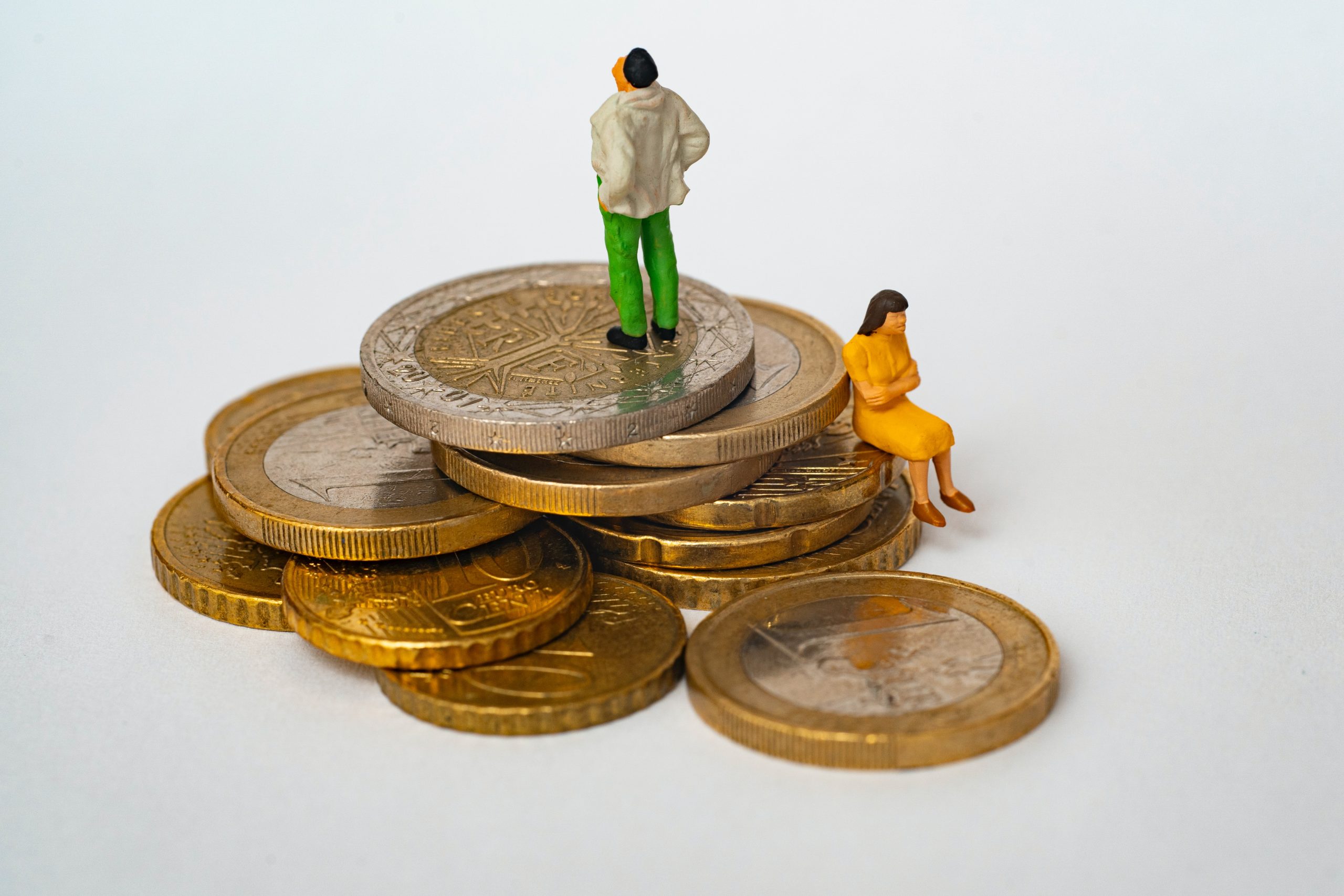Table of Contents
ToggleIntroduction:
Climate change is no longer just an environmental issue, it has now become a financial one as well. The impact of climate change on businesses, governments, and individuals is becoming increasingly evident. From natural disasters and supply chain disruptions to the transition towards clean energy and sustainable practices, climate change is transforming the global economy. As individuals, it is important to understand the impact of climate change on our finances and take action to mitigate the risks and capitalize on the opportunities.
In this article, we will discuss the various ways in which climate change affects our finances and provide practical tips on how to adapt to this new reality.
Climate Change and Your Investments:
Investing in fossil fuels has been a profitable venture for decades, but as the world transitions towards clean energy, fossil fuel investments are becoming riskier. The shift towards renewable energy and carbon reduction policies is creating significant financial risks for companies that rely on fossil fuels. In addition, the increasing frequency of natural disasters and extreme weather events, such as hurricanes, wildfires, and floods, is causing significant economic damages.
As an investor, it is essential to understand the impact of climate change on your portfolio and consider divesting from fossil fuels. You can also invest in companies that are leading the transition towards clean energy and sustainability.
Climate Change and Your Insurance:
The impact of climate change on insurance is becoming increasingly evident. Insurance companies are facing higher claims related to natural disasters, and as a result, premiums are rising. In some cases, insurance companies are also dropping coverage in high-risk areas.
As an individual, it is important to understand the limitations of your insurance coverage and take steps to reduce your risk. This includes investing in home upgrades such as flood barriers, fire-resistant roofing, and hurricane shutters. You can also consider purchasing additional insurance coverage to protect yourself from the financial impacts of natural disasters.
Climate Change and Your Career:
The impact of climate change on the job market is becoming increasingly evident. The transition towards clean energy and sustainable practices is creating new job opportunities in sectors such as renewable energy, green construction, and sustainable agriculture. At the same time, jobs in industries such as coal mining and oil and gas exploration are becoming increasingly uncertain.
As an individual, it is important to consider the impact of climate change on your career and explore opportunities in emerging sectors. This may include acquiring new skills and certifications, or even considering a career change.
Climate Change and Your Daily Expenses:
The impact of climate change on our daily expenses is becoming increasingly evident. The rising cost of fossil fuels is leading to higher prices for goods and services that rely on transportation, such as food, clothing, and travel. In addition, the transition towards clean energy is leading to the adoption of new technologies, which may come with higher upfront costs.
As an individual, it is important to consider the impact of climate change on your daily expenses and take steps to reduce your carbon footprint. This may include investing in energy-efficient appliances, reducing your reliance on single-use plastics, and considering alternative modes of transportation such as walking, biking, or public transit.
Conclusion:
The impact of climate change on our finances is becoming increasingly evident. As individuals, it is important to understand the risks and opportunities associated with climate change and take action to mitigate the risks and capitalize on the opportunities. This includes divesting from fossil fuels, investing in sustainable companies, understanding your insurance coverage, exploring new career opportunities, and reducing your carbon footprint. By taking these steps, we can not only protect our finances but also contribute to a more sustainable future.







